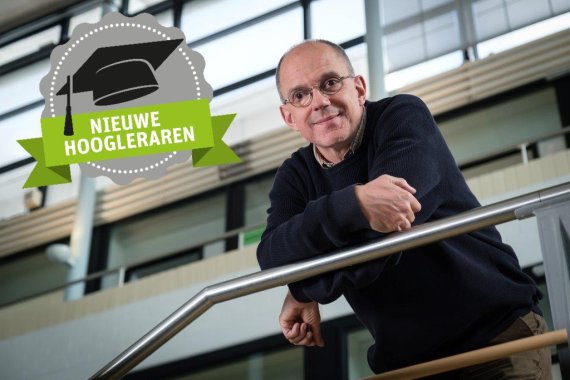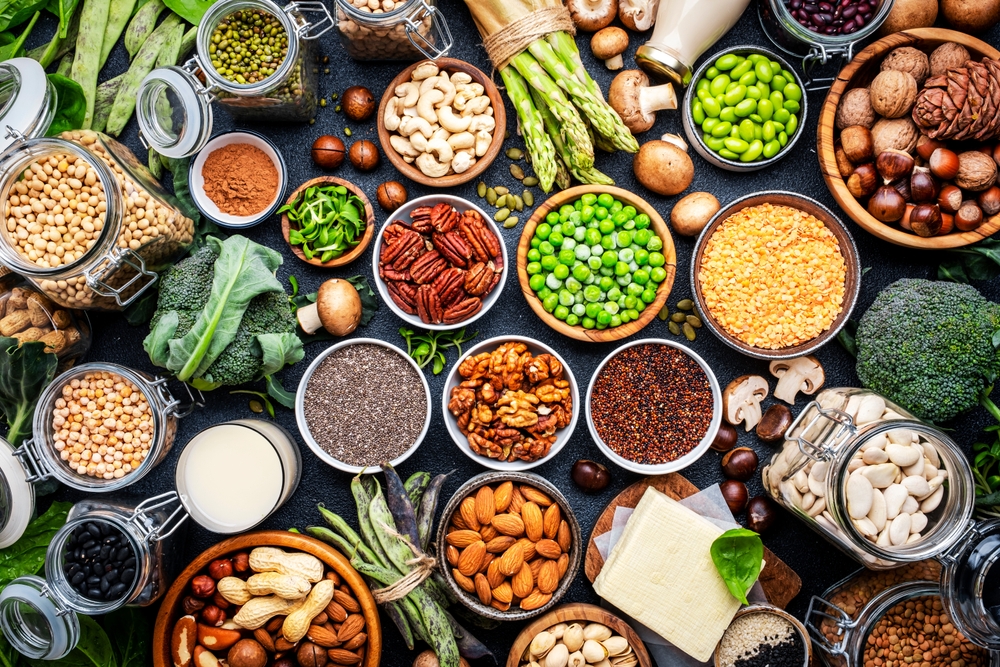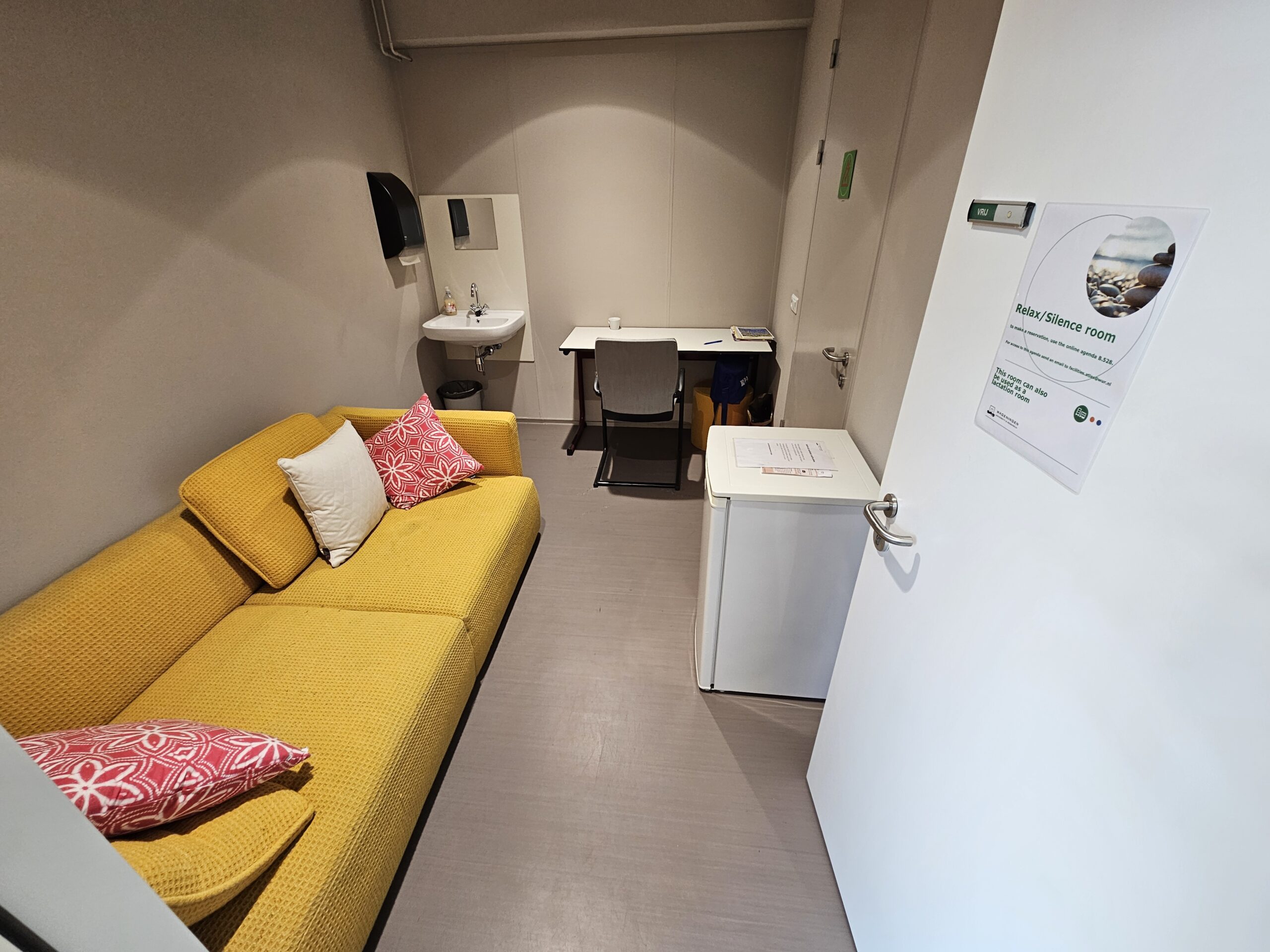How exactly does this process work? And can we use polyphenols as natural preservatives? These are questions that Jean-Paul Vincken, professor of Food Chemistry, intends to find answers to.
The role of polyphenols – substances found in plants – in food discoloration is one of the research fields of the chair group that Vincken has officially headed since March. ‘Brown discoloration is mostly an unwanted side effect,’ says Vincken. It’s when pieces of apple go brown or meat turns greyish. ‘But there are some products, such as tea, where a colour change is desirable. For example to make green tea turn black.’
Bitterness
An important new aspect of the research is the use of computational tools to map the characteristics of various substances and make predictions. Vincken and his group are gathering data on the properties of molecules, such as bitterness and their antibacterial activity. Computer models enable them to determine the properties of an extract based on its composition, and in the future they may be able to do the same for a complete food.
Polyphenols, for example, are often bitter. ‘Once we understand better which part, or parts, of the molecule are responsible for this, we’ll be able to figure out how to manipulate them so that tea, say, is less bitter or has a different colour.’ Vincken is proud of the chair group’s achievements. ‘Before I started here there was no research done at all in this field.’
Good friend
Vincken has mixed feelings about his appointment as chair. His predecessor, Harry Gruppen, had to retire two years ago because of illness. ‘Harry is a good friend, and I’d have preferred that he could have stayed on until retirement age. He is much appreciated, both within the chair group and throughout WUR, especially for his vision on educational innovation. On the other hand, I know he thinks it’s important to continue to build on what we have already achieved.’
He is not planning on big changes in direction for the chair group; it’s more a matter of ‘a shift in emphasis’. For example, he wants to focus more on studying the use of polyphenols as a natural preservative. ‘Polyphenols are part of a plant’s natural immune system and can be used to conserve foods,’ Vincken explains. ‘The trend is towards food that is less processed, like food that has been heated less. But it has to remain safe. It may be possible to use these natural antibacterial substances for this. But we still need to show that they are also safe to eat.’
No formulaic recipes
Vincken also wants to consolidate the chair group’s research on redox reactions, the chemical reactions that cause brown discoloration. ‘This is important because we don’t understand enough about these, despite these reactions often being key to food quality.’
As well as his research, Vincken is also working on education innovations. ‘We already make use of digital teaching aids for active learning and students increasingly have to work out themselves how they are going to investigate something. Practicals where you simply follow a formulaic “recipe” are a thing of the past.’

 Photo Guy Ackermans
Photo Guy Ackermans 

